The US continues to accuse Huawei of espionage, now urges allies to do the same
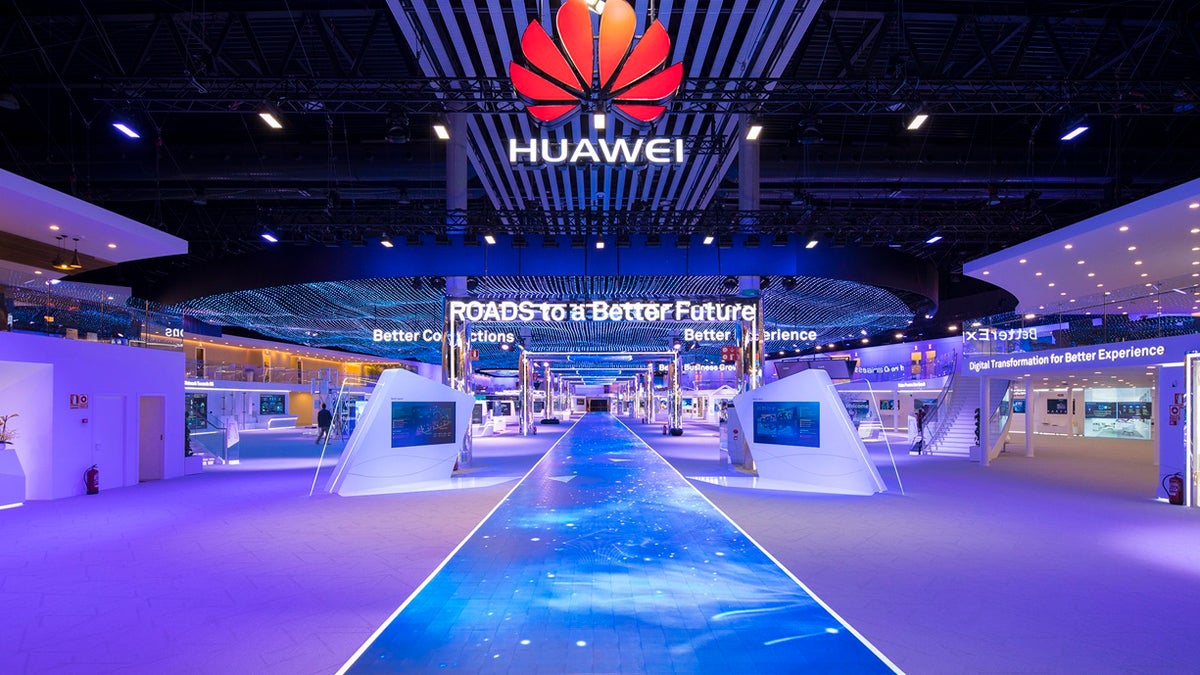
Trump’s administration is now aggressively pushing against the use of Huawei equipment in network and telecommunications, with Attorney General William Barr advising US allies to orient themselves towards the use of gear provided by Huawei rivals, such as Nokia Corp. and Ericsson AB.
According to The Wall Street Journal, US intelligence has had data that Huawei possessed access to backdoors in network equipment through which spying can occur for more than a decade. In consequence, US officials are alleging that Huawei is a security threat and is illegally collecting information.
However, Huawei is actively refusing such allegations. In an interview with WSJ reporters, Huawei’s CEO, Ren Zhengfei, is comparing Huawei with a car manufacturer in the sense that it only sells the equipment and it's up to clients to decide what to put in the trunk. He states that the carriers manage the gadgets sold by Huawei and that the company doesn’t control the equipment.
When you are an infrastructure vendor in Europe, you are required by law to provide a built-in capability of a lawful interception of traffic, a function to be used by law-enforcement agencies, which allows access to communication after a warrant or a court order. Thus, all telecom-equipment makers have to create such a backdoor, but they are required to make sure they do not have access to it without consent of the network operator. Such access is to be granted by laws, governed by each country’s legislation.
That’s exactly where US officials are accusing Huawei of unlawful conduct. US officials, for example national security adviser Robert O’Brien, have stated they possess proof that Huawei has the capability to access sensitive and personal information via its systems. However, officials are refusing to say whether they have evidence that Huawei has been caught using this capability. Proof about this backdoor access has not been publicly disclosed, meanwhile US officials say that its existence has been observed since 2009.
In the past, the US stated that they did not need to offer any proof backing up the espionage accusations, given the fact that Huawei’s close ties to the Chinese government automatically classifies the company as a potential security threat. Officials also stated that, as a Chinese company, Huawei doesn’t have the possibility to not comply with any demands made by the Chinese government.
Foreign countries have to decide whether they are willing to gamble with the alleged security threat in order to use Huawei’s high-quality equipment and competitive prices.
Last month, British officials decided they are still willing to allow Huawei’s network equipment to function in their country, in spite of the information provided by the US, and stated that the intel is nothing new and had already been analysed and taken into consideration.
London-based Vodafone Group PLC stated that there was no indication that network vendors had unauthorized access.
Meanwhile, some German officials have been convinced by the US about the alleged security threat, posed by Huawei, while others are not too worried about it.
Former NSA official, Curtis W. Dukes, who now works as a cybersecurity consultant, said the possibility for a vendor to gain unauthorized access into networks is present, but denied knowing of such occurrence.
When you are an infrastructure vendor in Europe, you are required by law to provide a built-in capability of a lawful interception of traffic, a function to be used by law-enforcement agencies, which allows access to communication after a warrant or a court order. Thus, all telecom-equipment makers have to create such a backdoor, but they are required to make sure they do not have access to it without consent of the network operator. Such access is to be granted by laws, governed by each country’s legislation.
In the past, the US stated that they did not need to offer any proof backing up the espionage accusations, given the fact that Huawei’s close ties to the Chinese government automatically classifies the company as a potential security threat. Officials also stated that, as a Chinese company, Huawei doesn’t have the possibility to not comply with any demands made by the Chinese government.
Recently, however, US officials have decided that they need to do more than just accuse Huawei of being a threat to national security. Some details about the acquired proof for the allegations have been shared with the United Kingdom and Germany.
Last month, British officials decided they are still willing to allow Huawei’s network equipment to function in their country, in spite of the information provided by the US, and stated that the intel is nothing new and had already been analysed and taken into consideration.
London-based Vodafone Group PLC stated that there was no indication that network vendors had unauthorized access.
Former NSA official, Curtis W. Dukes, who now works as a cybersecurity consultant, said the possibility for a vendor to gain unauthorized access into networks is present, but denied knowing of such occurrence.
We still don’t know whether the allegations are backed-up by substantial evidence as none has been publicly disclosed yet, and it’s unknown whether US officials will decide to share some of their data with the general public. It’s possible that the US will continue urging allies to use Huawei’s rivals in networking, although this doesn’t seem to worry Huawei. Its CEO stated that they can survive and that even after those accusations, he still likes America and American moral standards have been embedded in Huawei’s employees’ minds ever since the beginning.
Below follows a statement issued by Huawei, regarding the case:
"As evidenced by the Snowden leaks, the United States has been covertly accessing telecom networks worldwide, spying on other countries for quite some time. The report by the Washington Post this week about how the CIA used an encryption company to spy on other countries for decades is yet additional proof.
US allegations of Huawei using lawful interception are nothing but a smokescreen – they don't adhere to any form of accepted logic in the cyber security domain. Huawei has never and will never covertly access telecom networks, nor do we have the capability to do so. The Wall Street Journal is clearly aware that the US government can't provide any evidence to support their allegations, and yet it still chose to repeat the lies being spread by these US officials. This reflects The Wall Street Journal's bias against Huawei and undermines its credibility.
Huawei's role as a telecoms vendor is to provide equipment that follows 3GPP/ETSI standards, just like every other vendor. We are obligated to follow industry-wide lawful interception standards like 3GPP's TS 33.107 standard for 3G networks, and TS 33.128 for 5G. This is where Huawei's obligations with regards to lawful interception end.
The actual administration and use of lawful interception interfaces is conducted solely by carriers and regulators. Interception interfaces are always located in protected premises on the operator's side, and they are operated by employees who are vetted by the government in the countries where they operate. Operators have very strict rules to operate and maintain these interfaces. Huawei doesn't develop or produce any interception equipment beyond this.
Huawei is only an equipment supplier. In this role, accessing customer networks without their authorization and visibility would be impossible. We do not have the ability to bypass carriers, access control, and take data from their networks without being detected by all normal firewalls or security systems. In fact, even The Wall Street Journal admits that US officials are unable to provide any concrete details concerning these so-called "backdoors."
Cyber security and user privacy protection are Huawei's top priorities. The remarks made by US officials completely ignore the huge investment and best practices of Huawei and carriers in cyber security risk management. We are very indignant that the US government has spared no efforts to stigmatize Huawei by using cyber security issues. If the US does discover Huawei's violations, we again solemnly request the US to disclose specific evidence instead of using the media to spread rumors."
US allegations of Huawei using lawful interception are nothing but a smokescreen – they don't adhere to any form of accepted logic in the cyber security domain. Huawei has never and will never covertly access telecom networks, nor do we have the capability to do so. The Wall Street Journal is clearly aware that the US government can't provide any evidence to support their allegations, and yet it still chose to repeat the lies being spread by these US officials. This reflects The Wall Street Journal's bias against Huawei and undermines its credibility.
The actual administration and use of lawful interception interfaces is conducted solely by carriers and regulators. Interception interfaces are always located in protected premises on the operator's side, and they are operated by employees who are vetted by the government in the countries where they operate. Operators have very strict rules to operate and maintain these interfaces. Huawei doesn't develop or produce any interception equipment beyond this.
Cyber security and user privacy protection are Huawei's top priorities. The remarks made by US officials completely ignore the huge investment and best practices of Huawei and carriers in cyber security risk management. We are very indignant that the US government has spared no efforts to stigmatize Huawei by using cyber security issues. If the US does discover Huawei's violations, we again solemnly request the US to disclose specific evidence instead of using the media to spread rumors."
Follow us on Google News

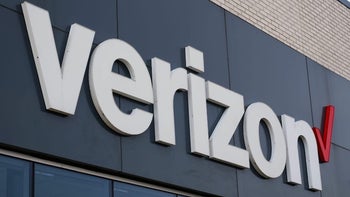
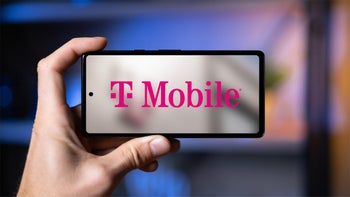
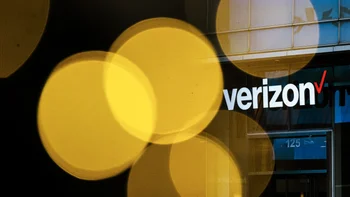
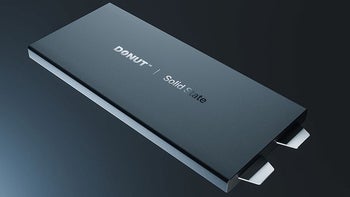
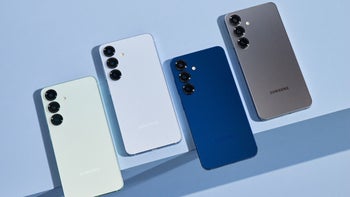
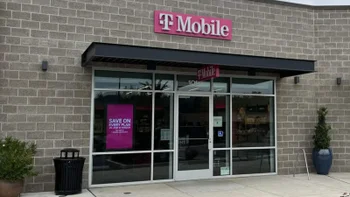
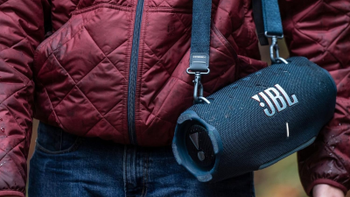

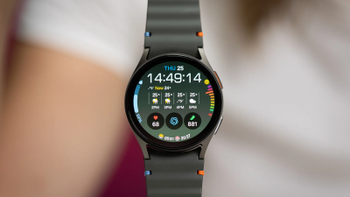
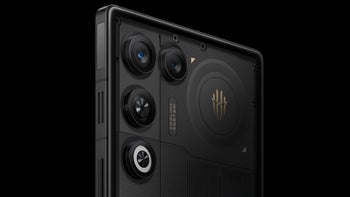
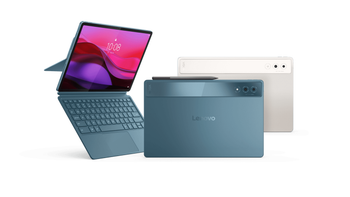
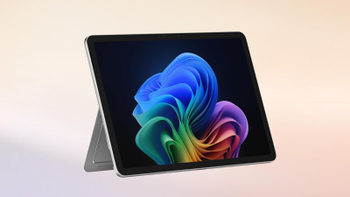
Things that are NOT allowed:
To help keep our community safe and free from spam, we apply temporary limits to newly created accounts: